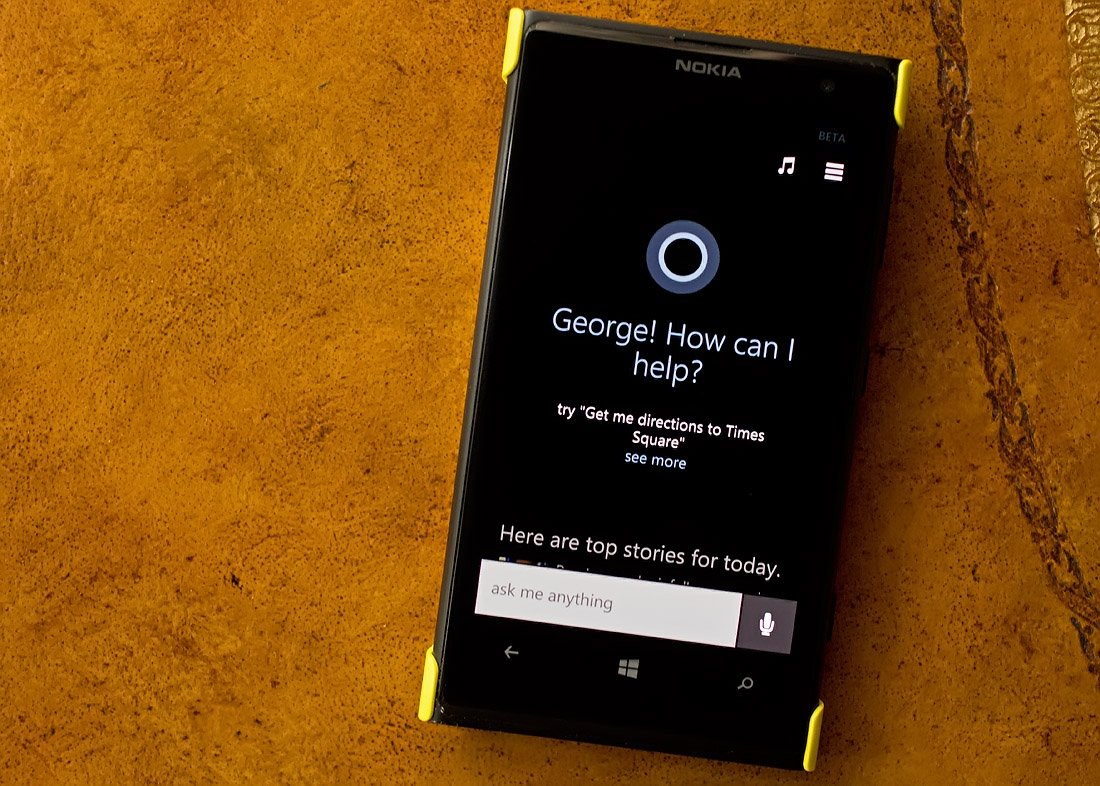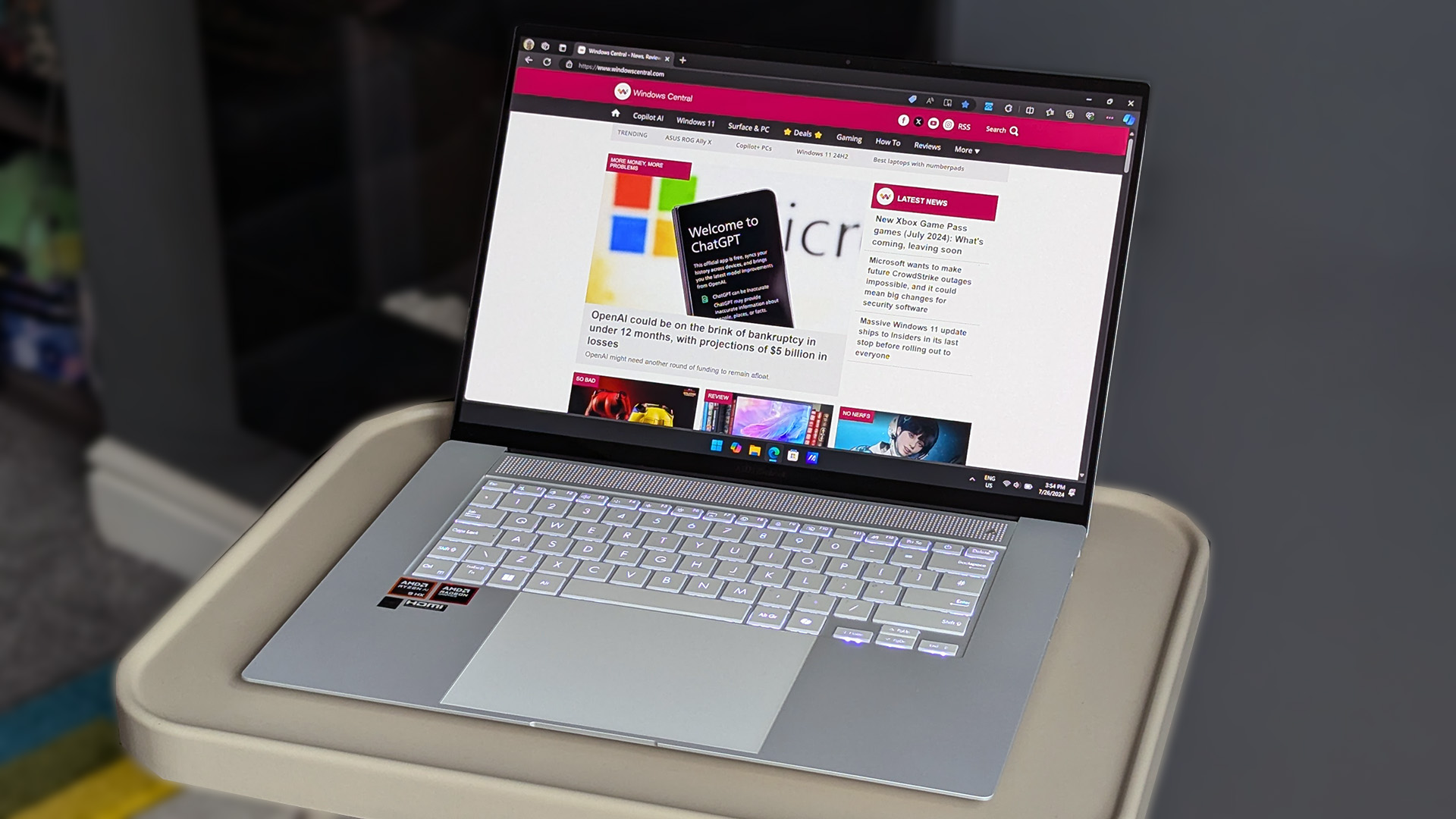Watch the full response as to why Microsoft is considering Cortana for iOS and Android

All the latest news, reviews, and guides for Windows and Xbox diehards.
You are now subscribed
Your newsletter sign-up was successful
Earlier today it was reported that Marcus Ash, group program manager for Cortana on Windows Phone, was weighing the pros and cons of bringing Cortana to other platforms. The decision to do so is perhaps a lot more complicated than diehard Windows Phone fans would think when all factors get taken into account.
Now, a video of Ash's full response to the question of whether or not Cortana should stay on Windows Phone has been posted. In context, the question and answer is certainly a lot more complicated than one may think as there are benefits with either choice.
Although no firm answer is given, due to the ongoing deliberations by Microsoft, it's fascinating to hear their concerns as to why Cortana by being isolated to one platform could hurt the personal assistant. At one point Ash ponders what happens when Cortana jumps from Windows Phone to Windows 8:
"If I'm a Windows PC user and I have a Kindle tablet and an Android phone, how good is the Windows Cortana experience going to be if it doesn't know anything about what I'm doing with those devices? It's really a difficult question that we're spending a lot of time trying to figure out.""Clearly we want people to buy Windows, we have a bunch of Windows customers, hundreds of millions that have Windows PCs and would love for them to have a great Cortana experience because once they have that they will probably consider other devices and say 'Well, I want to match them up.' But how do we get Android users or these other iOS users that use Windows to have a great experience?"
Indeed, the problem Microsoft is struggling with is they are not selling just one device and service, but instead, many. That fragmentation makes it harder to shutout potential customers due to company hubris, and while Microsoft could take such a path, the Cortana experience itself could be degraded for non-Windows Phone users. Smartphones, after all, do provide a plethora of personal information about a user that a PC cannot.
It's not a trivial challenge and while it's easy to choose one side, it's only after looking at the full picture does the question go from black and white to grey.
Does the full response of Marcus Ash make you reconsider your original opinion on the matter? What do you think Microsoft should do?
Source: Mark Guim, Twitter
All the latest news, reviews, and guides for Windows and Xbox diehards.

Daniel Rubino is the Editor-in-Chief of Windows Central. He is also the head reviewer, podcast co-host, and lead analyst. He has been covering Microsoft since 2007, when this site was called WMExperts (and later Windows Phone Central). His interests include Windows, laptops, next-gen computing, and wearable tech. He has reviewed laptops for over 10 years and is particularly fond of Qualcomm processors, new form factors, and thin-and-light PCs. Before all this tech stuff, he worked on a Ph.D. in linguistics studying brain and syntax, performed polysomnographs in NYC, and was a motion-picture operator for 17 years.

